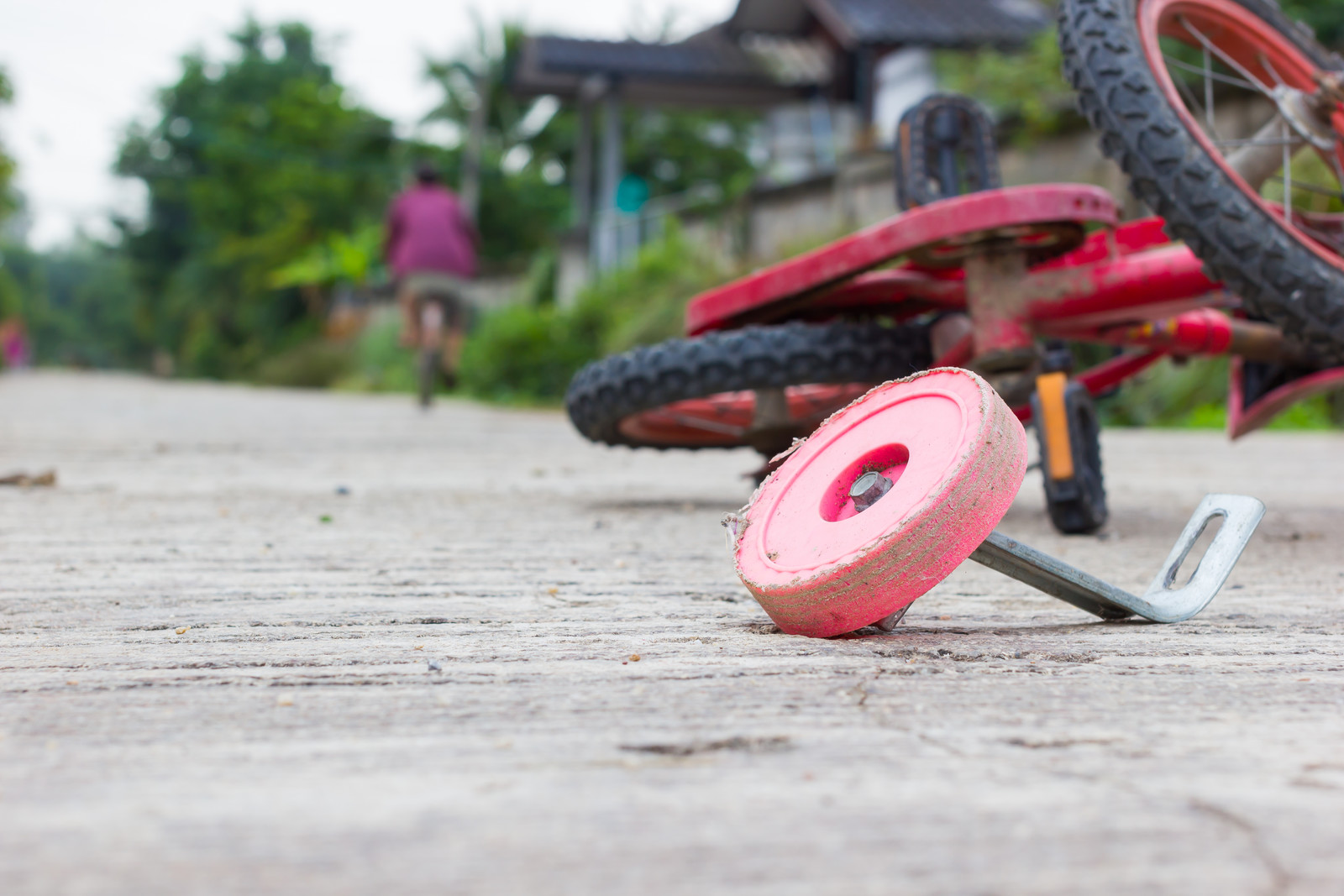
The below information was written by our personal injury lawyers in Virginia Beach.
It depends. In Virginia, contributory negligence is defined as the failure to act as a reasonable person would have acted for his or her own safety under the circumstances. A plaintiff in a personal injury case who is found to be contributorily negligent will be barred from recovery. Click here for a discussion of the contributory negligence doctrine in Virginia. Under Virginia law, a child under seven years of age is considered incapable of being contributorily negligent. A child who is fourteen years old or older but less than eighteen years old will have his or her conduct measured by that degree of care which persons of his or her same age, experience, intelligence, discretion, and knowledge would exercise under the circumstances. A child who is seven years old or older but less than fourteen years old is presumed to be incapable of contributory negligence, but said child will be considered capable of contributory negligence if it is shown:
(1) that the child had the capacity to understand the nature of the danger in question and the peril associated with his or her conduct, taking into consideration the child’s age, intelligence, and experience; and
(2) that the child’s conduct did not conform to the standard of what a reasonable person of like age, intelligence, and experience would do under the circumstances for his or her own safety and protection.
Questions regarding the contributory negligence of child will often arise when a child is playing in a parking lot. Children in those situations will sometimes dart in front of a car from behind a parked vehicle, resulting in a car-on-pedestrian accident, which can be very serious. Click here for a discussion of the application of Virginia law to personal injury claims arising out of car accidents in privately owned parking lots. A personal injury case involving a child injured in a parking lot will usually focus on the conduct of the driver of the vehicle that struck the child, but also the conduct of the child. As discussed above, Virginia law considers a child under seven years of age to be incapable of contributory negligence, so a negligent driver who strikes a child under seven will be prohibited from raising a contributory negligence defense. If that same hypothetical driver strikes a child who is seven years old or older but less than fourteen, he or she will be allowed to raise a contributory negligence defense, but will have to overcome the presumption that the child was incapable of contributory negligence. The conduct of a child who is fourteen years old or older but less than eighteen years old will be assessed in regard to the conduct of children of similar age and intelligence.
Questions of the capacity of a child and the application of the contributory negligence doctrine are specific to the facts of the individual personal injury case, and we encourage you to contact one of our personal injury lawyers in Virginia Beach. They can assess whether there is a legitimate basis for the defendant to make a contributory negligence defense, and in cases where a contributory negligence defense may be applicable, our lawyers can assess whether there are any exceptions to the contributory negligence doctrine that may apply, such as the age of the plaintiff, proximate causation, etc. As in all personal injury cases, an experienced personal injury lawyer can also advise the injured person, and in the case of a child, his or her parent or guardian, as to the value of the injury claim, can guide the injured person through the process of making a claim with the applicable insurance company or companies, and can represent the injured person in the litigation of the personal injury claim, if a personal injury lawsuit becomes necessary.
Waiting can hurt your case. To find out how our personal injury lawyers in Virginia Beach can help you, please contact us at (757) 486-2700.
Click here for Frequently Asked Questions about auto accidents, personal injury and more.
Follow us on Facebook.
